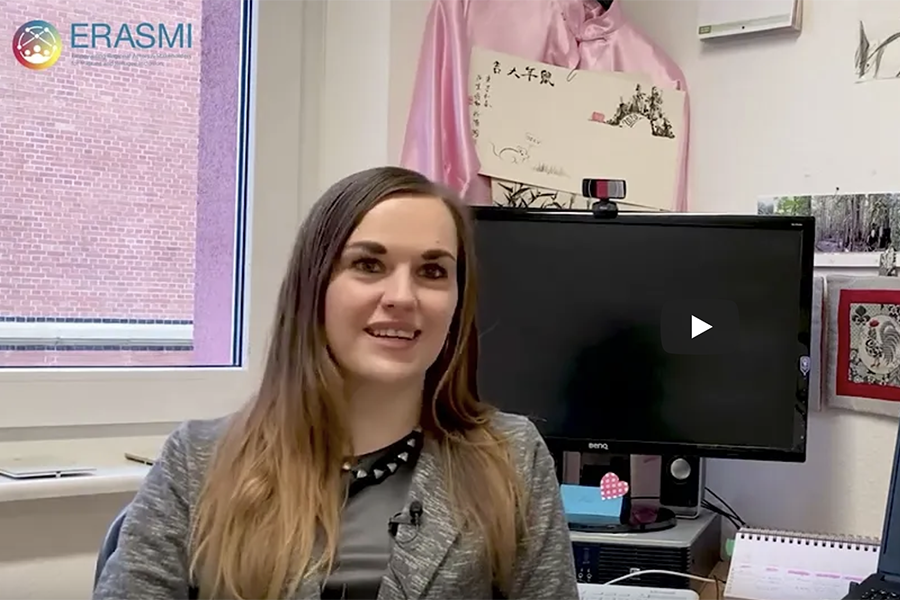Integration actors discuss experiences and challenges in rural areas at the workshop “Integration beyond the urban centres”
“We’re not in Berlin or Hamburg!”, “You can’t compare Magdeburg with Wernigerode…” These and similar statements are regularly heard in discussions with integration actors, as the integration of refugees and migrants in rural areas is characterised by specific challenges such as difficult mobility and a lack of service structures. Therefore, it is even more important for integration actors acting in rural areas to network, exchange experiences and jointly generate knowledge for action. In the workshop “Integration beyond the urban centres: experiences and challenges for rural areas” (23/24 September 2021), representatives of projects, associations and initiatives from Saxony, Saxony-Anhalt (including the ERASMI project), Bavaria and Schleswig-Holstein discussed in Ettersburg Castle (Thuringia / Germany) how good examples of integration from both rural municipalities and larger cities can be adapted and further developed in (other) places in rural areas. The central challenges identified were:
- Recruitment of volunteers
- Online counselling formats for the target group of migrants, who are not always technically well-equipped and experienced in using them
- Lack of counselling services, for example for specific target groups such as queer refugees
- Long distances and limited leisure opportunities
- Migration, especially of well-qualified migrants, to the big cities.
- Lack of acceptance in the village community, in some cases noticeable exclusion.
According to the participants, there are no easy solutions, but a lot of commitment and competence already at hand to create and maintain support structures. Followed by a discussion of innovative and creative offers by and for migrants and refugees in rural areas, participants agreed that regional integration actors should regularly exchange information and encourage each other. Approaches may also be trying to adapt ideas from urban areas and making offers mobile. To highlight one good practice among many that were showcased: the intercultural beauty salon “Grand Beauty on Tour” recently organized a summer tour through small towns in Saxony, thus creating numerous opportunities for encounters and mutual understanding.




